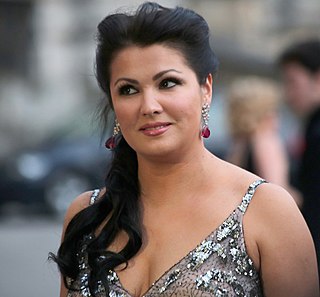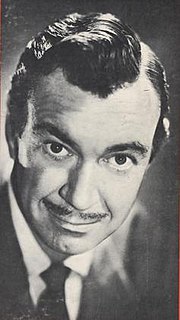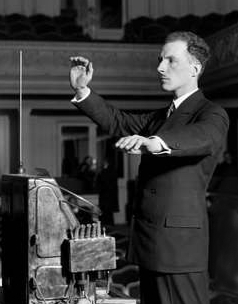A Quote by Anna Netrebko
There are two types of conductors. One is the good conductor who can do passionate music but also listen to the singers and do the orchestra. And then there are great conductors, who have their own opinion on the music, who are ruling everything - and not listening much to the singers, but the orchestra play amazingly.
Related Quotes
I have had much pleasure in working with Orphei Drängar during my time as chief conductor of the Gothenburg Symphony Orchestra, and I consider OD to be one of the most brilliant men´s choirs in the world. The singers are highly professional and their repertoire is of a very wide range, but then they have been trained for years by Eric Ericson, the world´s leading choir conductor. I also admire the strength and the beauty of their voices. OD is an extraordinary powerful choir!
I always maintain that playing in an orchestra intelligently is the best school for democracy. If you play a solo, the conductor and everybody in the orchestra follows you. Then, a few bars later, the main voice goes to another instrument, another group, and then you have to go back into the collective [sound]. The art of playing in an orchestra is being able to express yourself to the maximum but always in relation to something else that is going on.
































